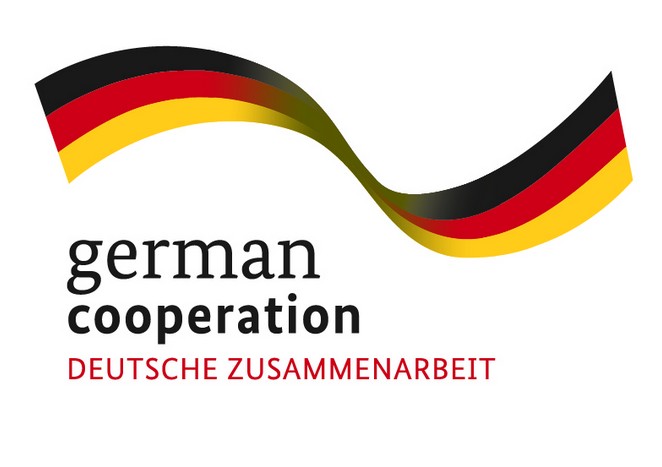Hanoi – Some of the most extensive bike sharing programs can be found in Asia, the largest of all in Hangzhou, China, with more than 50,000 bikes. But interest in bike sharing has also emerged in many smaller and medium sized cities in the ASEAN region, where rapid economic growth is causing traffic congestion and air pollution levels to soar.
After a successful study tour to Chiang Mai (Thailand), the city of Can Tho (Vietnam) expressed its interest in developing a bike sharing program. The study tour was organized by the ‘Clean Air for Smaller Cities in the ASEAN Region’ (CASC) project in order to promote the concepts of bike sharing. CASC will support the development of a bike sharing system in Can Tho by providing an expert who will assist the city in drafting a proposal for the scheme. Benefits of this bike sharing program will include:
· Increased mobility and more flexibility
· Low implementation and operational costs
· Reduced traffic congestion
· Reduced air pollution and greenhouse gas emissions
· Greater environmental awareness
For the establishment of a bike sharing system in Can Tho, some uncertainties still need to be tackled, such as the city’s limited cycling infrastructure, future demand scenarios, safety issues, and the possibilities to integrate the scheme into the city’s public transport system. Even though there is still a long road ahead, the city has requested further assistance in implementing this scheme by CASC, proving the growing awareness the demand for more sustainable urban transport choices.
The project ‘Clean Air for Smaller Cities in the ASEAN Region’ is funded by the German Federal Ministry for Economic Cooperation and Development (BMZ) and implemented by GIZ. The project empowers smaller and medium-sized cities in the ASEAN region to develop and implement Clean Air Plans (CAPs), in order to improve air quality and move forward in sustainable urban development. Source: GIZ
Contact: napaporn.yuberk@giz.de

